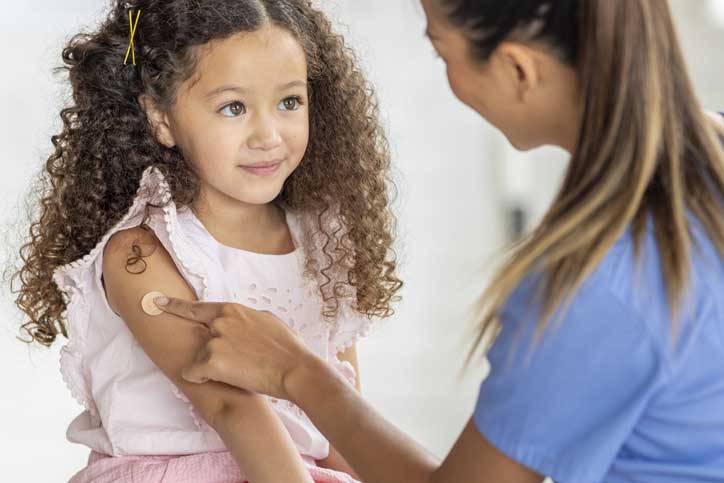
COVID-19 Testing, Treatment and Self-Isolation Guidelines
If you have questions related to COVID-19 testing and treatment, please call Health811 at 8-1-1. To find out where you can get tested, visit the Government of Ontario’s COVID-19 testing locations webpage.
On this page:
COVID-19 Testing
NOTE: Rapid antigen tests are no longer available at Eastern Ontario Health Unit locations.
- Publicly funded COVID-19 testing (rapid antigen or PCR testing) is now only available to eligible individuals.
- If you develop symptoms and you are eligible for a publicly funded test, we recommend you contact your primary healthcare provider or pharmacist to find out about test availability and to arrange to take a test.
You are eligible for publicly funded COVID-19 testing if you have COVID-19 symptoms AND belong to any of the following groups:
- People aged 65 years of age and older
- People aged 18 years of age and older who have at least one condition that puts them at higher risk of severe COVID-19 disease
- People who are immunocompromised
- Residents and patients in certain high-risk settings including hospitals and congregate living settings with medically and socially vulnerable individuals (for example, in long-term care and other specific populations and settings)
- People in the context of suspected or confirmed outbreaks, as directed by the local public health unit
COVID-19 Treatments
Antiviral treatments are available for eligible individuals with symptoms and a positive test result (PCR or rapid antigen test) who are at higher risk of severe COVID-19. Because these treatments must be taken within the first 5 to 7 days of symptom onset, symptomatic persons who are at higher risk of severe COVID-19 should seek testing and assessment immediately. Take this screener to determine if you are at higher risk of severe COVID-19 and may benefit from these treatments. Find out more about antiviral treatment options or talk to your healthcare provider.
Self-Isolation Guidelines
If you have any COVID-19 symptoms (even if mild):
If you have symptoms, follow the self-isolation recommendations below whether you have tested for COVID-19 or not. Make sure you know if you’re eligible for COVID-19 testing and treatment, and how to access these if needed.
- Stay home until you have no fever and your symptoms have been improving for at least 24 hours (or 48 hours if you had nausea, vomiting and/or diarrhea).
- Complete the COVID-19 self-assessment to find out how long you need to self-isolate.
- Follow Public Health Ontario’s instructions on How to Self-Isolate.
- For 10 days following the start of symptoms:
- If you must go out in public, wear a well-fitted mask.
- Avoid non-essential activities where you need to take off your mask (for example, dining out).
- Avoid non-essential visits to anyone who is immunocompromised or may be at higher risk of illness (for example, seniors).
- Avoid non-essential visits to highest risk settings in the community such as hospitals and long-term care homes.
- Where visits cannot be avoided, wear a mask and recommend the individual being visited also wear a mask.
If you tested positive for COVID-19, but do not have any symptoms:
If you don’t have any symptoms, you are not required to self-isolate. However, you should do the following:
- Self-monitor for symptoms and self-isolate if symptoms develop.
- For 10 days from your positive test date:
- Wear a well-fitted mask when in public settings, especially if they’re crowded or have poor ventilation.
- Avoid non-essential visits to vulnerable individuals (e.g. seniors) and high-risk settings.
Note: Individuals who are immunocompromised (have a weak immune system) should isolate for at least 10 days from the start of symptoms or positive test date, regardless of whether they have symptoms of COVID-19.

